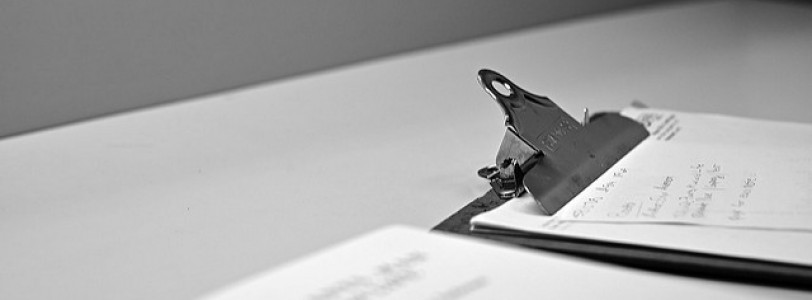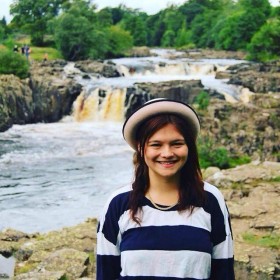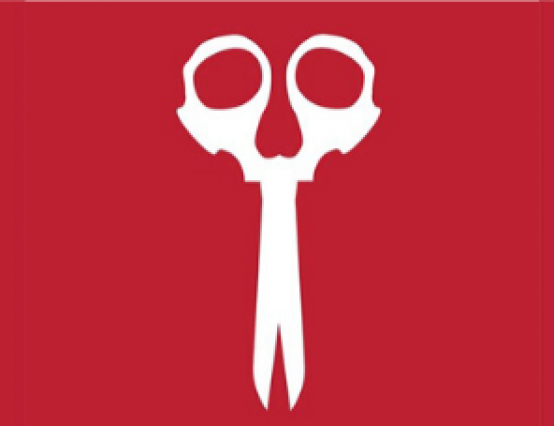1. Know (or sort out) the details
What, where and when? The best thing to do is nail this down really early on so you have a clear plan, then make sure you have booked your venue etc
2. Make a plan
When are you going to do things? What needs doing first? If it is the first time you have ever produced a show then ask someone to give you some help. Whether it's a mindmap or a checklist, write down everything that needs doing so you don't forget.
3. Make sure you have what you need
Actors, singers, dancers, costumes, props, a set, someone to do tech? Whether your show is a play, a showcase or even an exhibition you will need something to show people, so before you start make a list. It's not set in stone and you can add or take-away as you go but it will help keep you on track.
4. Don't neglect the boring parts
There is going to be some paperwork, and almost definitely health and safety stuff that you need to cover. Make sure you do a risk assessment if there's anything potentially dangerous. But even small things like contacting/setting up a box office and making sure you have rehearsal and storage space is key!
5. Keep checking you are on the right lines
You will be working with other people, so make sure you talk to them! Have regular meetings or just keep checking up and make sure you know what's going on, either if you are doing what you need to, or if you have delegated, checking they are doing what they need to.
6. Get an audience
You need to advertise and market your show so work out who it's for and how you are going to attract them. Social media is a free and exciting advertising tool, but it is unlikely to work if it's a performance for young children, so think about targeting relevant organisations too and even good old fashioned posters can work wonders.
7. Make sure you have what the audience needs
Seating, tickets, food and programmes are the basics. Depending on your show you may need other things too. Whatever you are offering make sure you have it ready before the show and have plenty of it too so you don't run out during the show. If you are doing multiple nights, then check what was used and revaluate after each one!
8. Practice or run through a few times
Make sure everything works when it is all put together, especially any lighting and tech! If you have different teams - i.e. performers and a production team - this is a good way to get them used to relying on each other.
9. Have back up plans
Things go wrong and often it won't be your fault. So before you start think about what you will do in the worst case scenario - e.g. an actor is ill or the sound effects don't work. It's a good idea to discuss this as a team to have an idea of what you can do if it comes to the worst.
10. Relax and enjoy the show
If you have been organised enough beforehand then it should run smoothly without you having to run around like a headless chicken. You may not be able to sit and watch if you have another job to do, but if all goes well you should only have that job, not five different ones! That way you can enjoy what you have pulled off!
This article was first published 17 May 2016









0 Comments